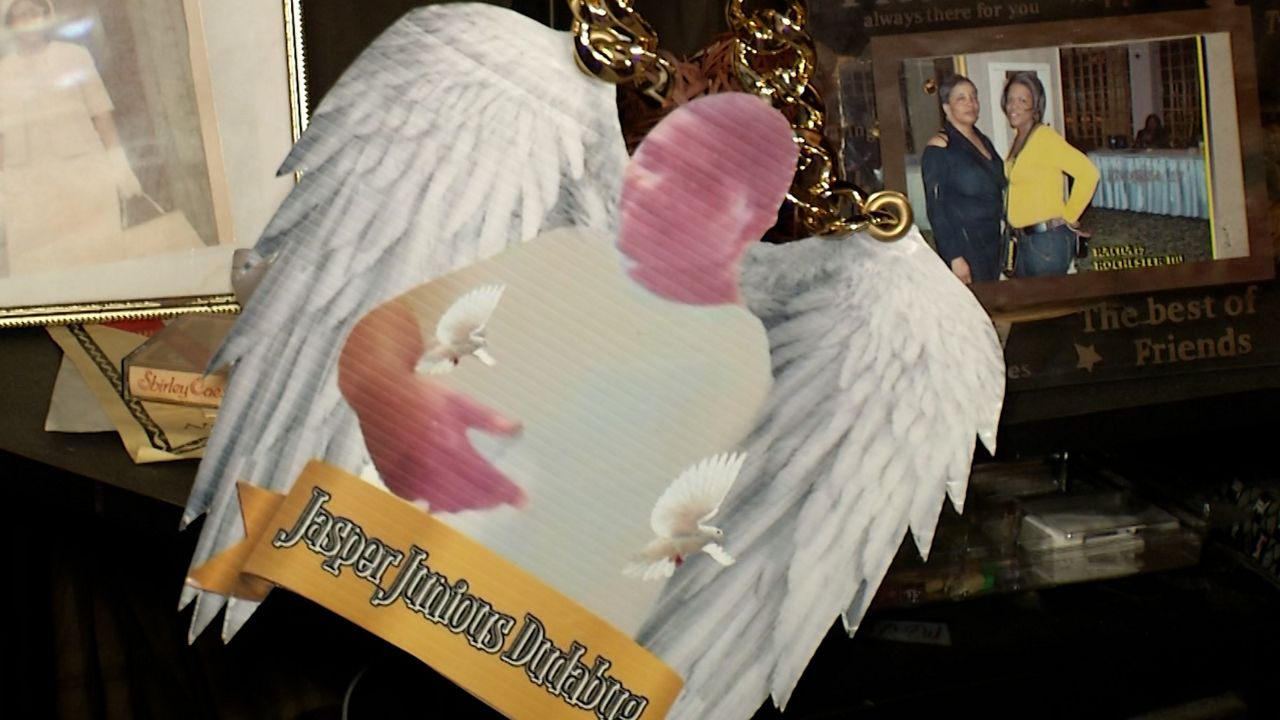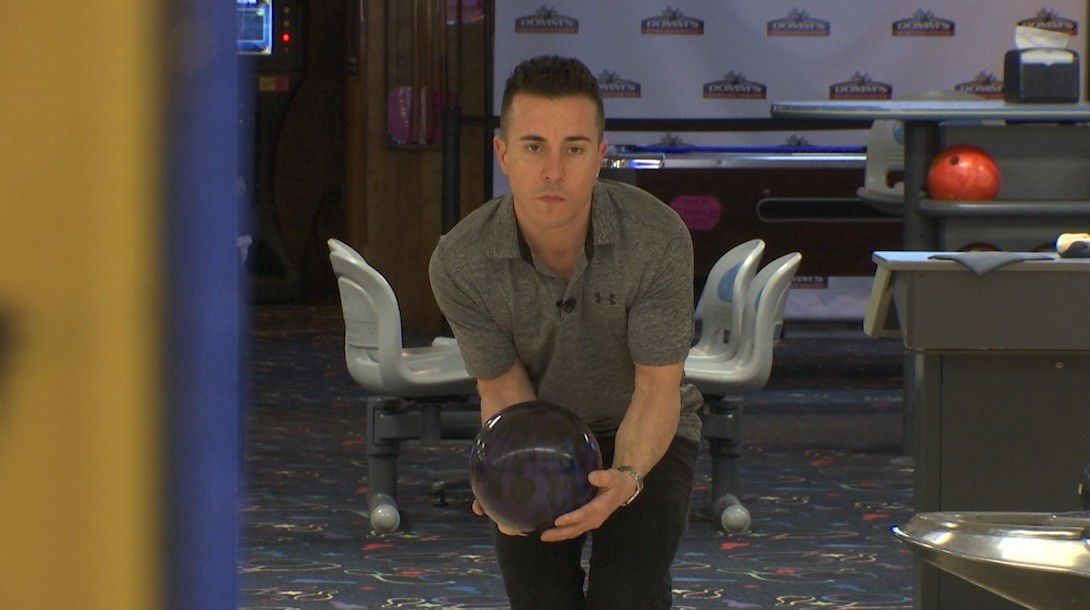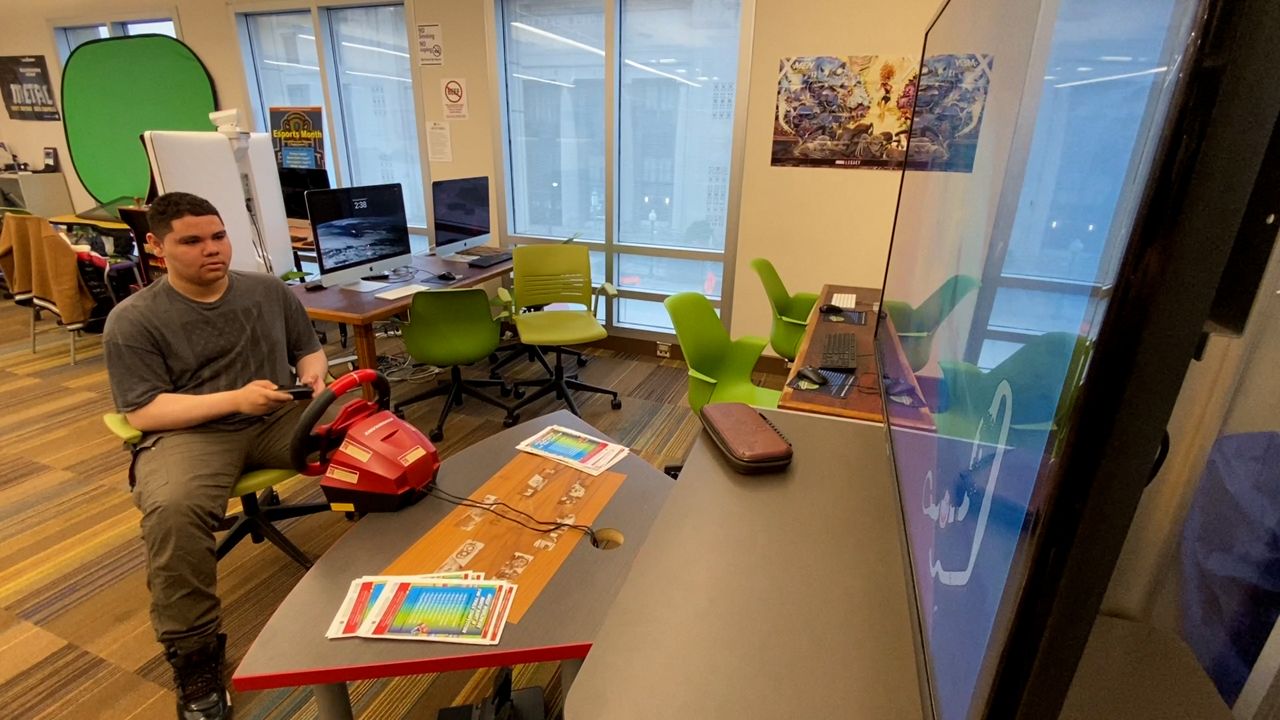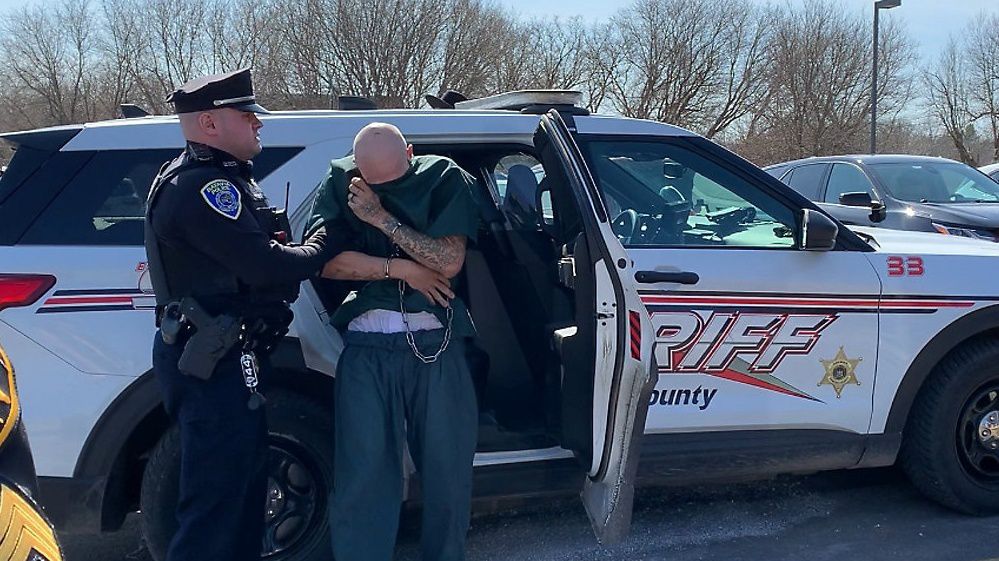ROCHESTER, N.Y. — Amputation can be a life changing experience.
"That can be the difference between life and death, whether or not people get opportunities to have devices like this," RIT professor Jade Myers said. "So it's a big deal."
Starting her career at RIT, Myers got involved with 3D printing in 2015.
"I heard that this professor had these 3D printers available and that they had started work on potentially making low cost prostheses using these printers on campus," Myers said. "So I, I definitely was like, I want to be involved in that."
Collaborating with her passion for non-profit and 3D printing, Myers introduced the idea of 3D prosthesis in South Africa.
"It was really great to see people's first initial reaction to seeing something being literally created from something from nothing. It seems like, you know, you just have these materials and it starts to form in front of you," Myers said.
Seeing many of the hardships that follow with losing a limb, Myers was inspired to improve not only the mobility, but also accessibility for lower income communities. Myers has been able to assist refugees such as Danie, who had lost her arm after a devastating earthquake in haiti.
"There's over 30 people walking around with our devices on and it continues," Myers said. "Things are challenging in Haiti very, very much right now, but it's still going there and clinicians are now trained there. We wanted them to learn how to use the technology so that they didn't have to depend on us to be there to do it."
Myers' work extends beyond Haiti. She now teaches students at RIT.
"Haiti is one of the highest amputation rates in the world and a lot of those are traumatic amputations," RIT student Hannah Henczel said. "So using Jade's 3D scanner, you can really make an organic prosthetic, which is also something I've never done before. All the ones I've workshopped are very robotic looking, but the ability to get an organic prosthetic is huge."
Myers continues her work to inspire others, seeing prosthetics represent a testament to the progress of technology but also compassion in others.
"Prosthetics are a huge part of a lot of people's lives, especially in low income communities," Henczel said. "So being able to get realistic and functional on a prosthetic device can have a huge impact on people we don't even know."









